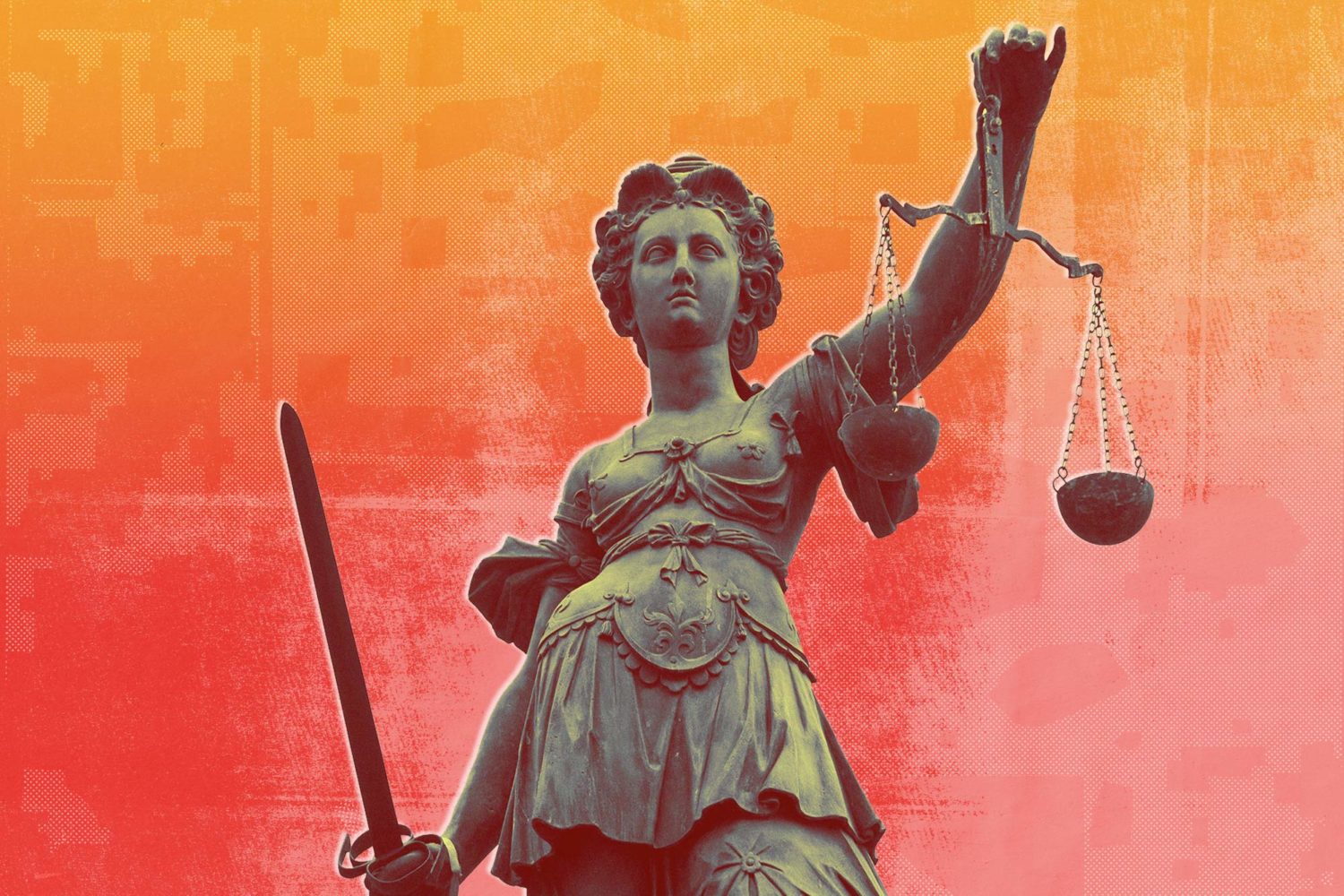Defending The Conviction Integrity Unit In St. Louis
Forty-three elected local prosecutors filed an amicus brief last week in support of the St. Louis Circuit Attorney’s office’s Conviction Integrity Unit’s work in the case of Lamar Johnson.

Spotlights like this one provide original commentary and analysis on pressing criminal justice issues of the day. You can read them each day in our newsletter, The Daily Appeal.
In the past 30 years, exonerations have freed people who have collectively spent over 20,000 years in prison due to wrongful convictions. Since 1989, more than 2,400 people have been exonerated. This year alone, there have been 80 exonerations so far.
Wrongful convictions are only one of many problems in our criminal legal system, and a single-minded focus on innocence can obscure that. But wrongful convictions are the most vivid examples of a comfort with injustice and error on the part of too many prosecutors and police officers. In its report on exonerations in 2018, the National Registry for Exonerations found that 68 of 151 exonerees had been wrongfully convicted in homicides. On average, exonerees had spent over 10 years in prison. One man, Richard Philips, had spent over 45 years in prison in Michigan before he was exonerated last year. Of last year’s exonerations, 107 involved official misconduct, 111 included perjury or false accusations, and 31 were based at least in part on mistaken eyewitness identifications.
The 2018 report highlights the work of “professional exonerators”—innocence organizations and conviction integrity units (CIUs)—in identifying these injustices. Innocence organizations took part in a record 86 exonerations last year; CIUs helped secure 58 exonerations; and the two types of organizations collaborated on a record 45 exonerations in 2018.
More than 40 prosecutors offices now have conviction integrity units. The mere establishment of the units, however, means very little. As Josie Duffy Rice pointed out in The Appeal last year, some CIUs, officially open for years, have been given next to no resources and have little to show for their work. But the guiding principles for effective units are now well-established and some offices have produced important results. In Detroit, the Wayne County prosecutor’s office opened a Conviction Integrity Unit in 2018 and as of April had produced six exonerations, including that of Richard Philips. In Chicago, the CIU at the Cook County state’s attorney’s office was responsible for 31 exonerations, most of them linked to a single scandal.
Cook County and Wayne County made a disproportionate contribution to the number of exonerations last year and their effect is far from representative. But the problem of wrongful convictions is pervasive, and prosecutors have a responsibility to reverse them.
That is why, in an amicus brief filed last week in the case of Lamar Johnson, 43 elected prosecutors from around the country supported the work of St. Louis Circuit Attorney Kim Gardner and her office’s conviction integrity unit. Johnson was sentenced to life without parole in a 1984 killing. He has maintained his innocence throughout his time in prison. In 2008, the Midwest Innocence Project began working on his case. Last year, the St. Louis circuit attorney’s office received a federal grant to open a conviction integrity unit that would work with the project. Last month, the unit issued a report on Johnson’s case, and prosecutors filed a motion asking that Johnson’s conviction for first-degree murder be vacated and that he be granted a new trial.
In the Washington Post last month, Meaghan Flynn wrote of the state’s theory against Johnson that it “stretched the physical limits of the human body,” requiring that Johnson make it to and from the scene of the murder, three miles from where the state conceded he was before and after, in the space of five minutes. The reality, according to the conviction integrity unit, is that the conviction was obtained because of what Flynn describes as “a staggering amount of misconduct on the part of homicide detectives and prosecutors.”
The motion from the circuit attorney’s office reads, in part:
“The conviction against Lamar Johnson was obtained through perjured testimony, suppression of exculpatory and material impeachment evidence of secret payments to the sole eyewitness, and undisclosed Brady material related to a jailhouse informant with a history of incentivized cooperation with the State. The violation of Johnson’s constitutional rights enabled the State of Missouri to obtain a conviction and sentence of life without the possibility of parole against Johnson despite overwhelming evidence of innocence. The undisclosed secret payments to the sole eyewitness in a case that was undeniably thin fatally undermines the reliability of the verdict. Based on the record now known and the professional, ethical, and constitutional duties of a prosecutor to seek justice, the Circuit Attorney moves this Court to grant her motion for a new trial.”
But the prosecutor’s motion met with immediate pushback. The judge in the case appears to have decided to appoint the state attorney general’s office as co-counsel in the case, citing a conflict of interest for Gardner’s office. In their brief, Gardner’s fellow elected prosecutors dismantle this argument and defend the work of CIUs: “A CIU provides prosecutors with an organized framework not only to remedy injustices, but also to investigate and address misconduct uncovered in regard to prior prosecutors. … Presuming that a conflict arises whenever the Circuit Attorney seeks to remedy past prosecutorial misconduct—as the Court appears to have concluded here—would erode the essence and functioning of CIUs.”
Gardner, St. Louis’s first Black chief prosecutor, has been operating in an intenselyhostile political climate, including opposition from the police union that has only intensified over her decision to place officers with credibility problems on a no-call list.
In their amicus brief, the elected prosecutors point out that Gardner’s election was a vote for criminal justice reform. Her discretion in handling criminal cases “carries with it the mandate of the citizens of the City of St. Louis. Indeed, in seeking office, the current Circuit Attorney ran on a platform of criminal justice reform.”
